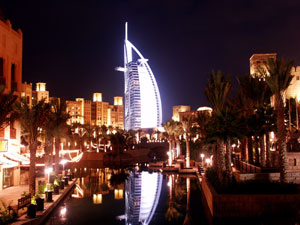WBI eLearning Training Program on Disaster Risk Management
The Earthquakes and Megacities Initiative (EMI), in partnership with the National Disaster Coordinating Council (NDCC) and World Bank Institute (WBI), is pleased to announce its eLearning program on Natural Disaster Risk Management specifically customized for the Philippines. The Program comprises a series of web-based training courses that aim to raise awareness and enhance analytical skills and professional knowledge in specific areas of disaster risk management.
An overview course, Comprehensive Disaster Risk Management Framework, is tailored for disaster and development practitioners from the government, civil society and private sector. The overview course is mandatory for those who want to participate in the five specialized courses of the program, namely, (1) Financial Strategies for Managing the Economic Impacts of Natural Disasters, (2) Safe Cities, (3) Community-based Disaster Risk Management, (4) Damage and Reconstruction Needs Assessment, and (5) Earthquake Mitigation. Certificates of completion will be awarded by WBI.
The registration fee per course is Php1,700 and Php1,200 for participants from the private sector and government/NGO, respectively. An early bird discount is available until September 1, 2006. Discounts of up to 40% are also available to participants who will enroll in more than one course. Limited travel grants could be awarded to participants coming from outside Metro Manila who wish to attend the Launching/Orientation Workshop in Metro Manila on September 22, 2006.
The deadline for application is September 15, 2006. Application forms and course information may be downloaded from the EMI website (http://www.earthquakesandmegacities.org/2006_WBI_course). For more information, contact the Course Administrator, Mr. Kristoffer B. Berse, by phone (927-9643, 4334074) or email kris.berse@earthquakesandmegacities.org.
Marqueza L. Reyes
Course Director
Earthquakes and Megacities Initiative


